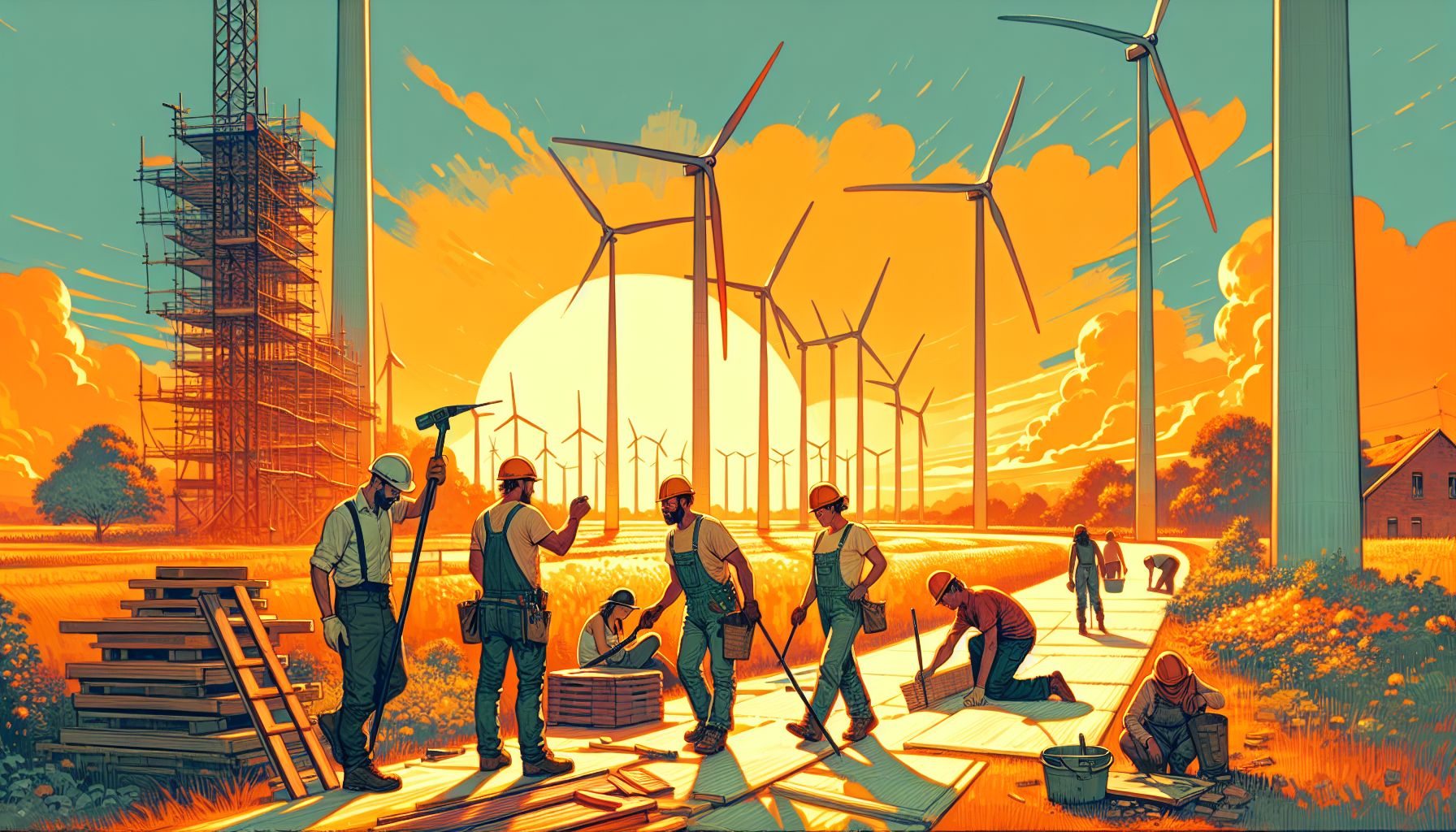Utrecht Residents Lead Community Wind Farm Initiative

Utrecht, Monday, 16 December 2024.
Residents in Utrecht are spearheading the construction of community wind farms to tackle electricity shortages hindering housing development, under a provincial initiative for sustainable energy solutions.
Community-Led Energy Transition
The province of Utrecht has launched an innovative wind energy project that puts power directly in the hands of its citizens. Through the Utrechtse Windcoalitie (Utrecht Wind Coalition), residents and local small-to-medium enterprises can now participate in developing wind farms across 27 designated areas [1]. This initiative aims to ensure that at least 50% of new wind parks will be owned by local cooperatives, marking a significant shift towards community-owned renewable energy infrastructure [1].
Technical and Financial Framework
A wind park, defined as an installation of three or more wind turbines, requires substantial technical expertise and financial investment [1]. The turbines must be positioned according to specific guidelines - typically spaced at five times the rotor diameter apart to optimize wind capture efficiency [1]. To address these challenges, the initiative promotes knowledge sharing between cooperatives and provides support for project financing through collaborative networks [1].
Accessible Community Participation
Local authorities are actively promoting cooperative membership to ensure broad community participation. Residents can join these energy cooperatives with minimal investment for a ten-year term, gaining direct influence over sustainable energy development in their region [1]. The initiative aims to expand its current membership base of 5,000 participants by 2025 [1], demonstrating the province’s commitment to democratizing renewable energy production [GPT].
Addressing Infrastructure Challenges
This community-driven approach directly addresses Utrecht’s electricity infrastructure constraints that have been hampering housing development [1]. By enabling local communities to contribute to energy production, the initiative not only helps solve immediate power supply issues but also creates a sustainable model for future energy independence [GPT]. The project represents a significant step towards meeting the region’s growing energy demands while maintaining citizen engagement in the energy transition [GPT].

